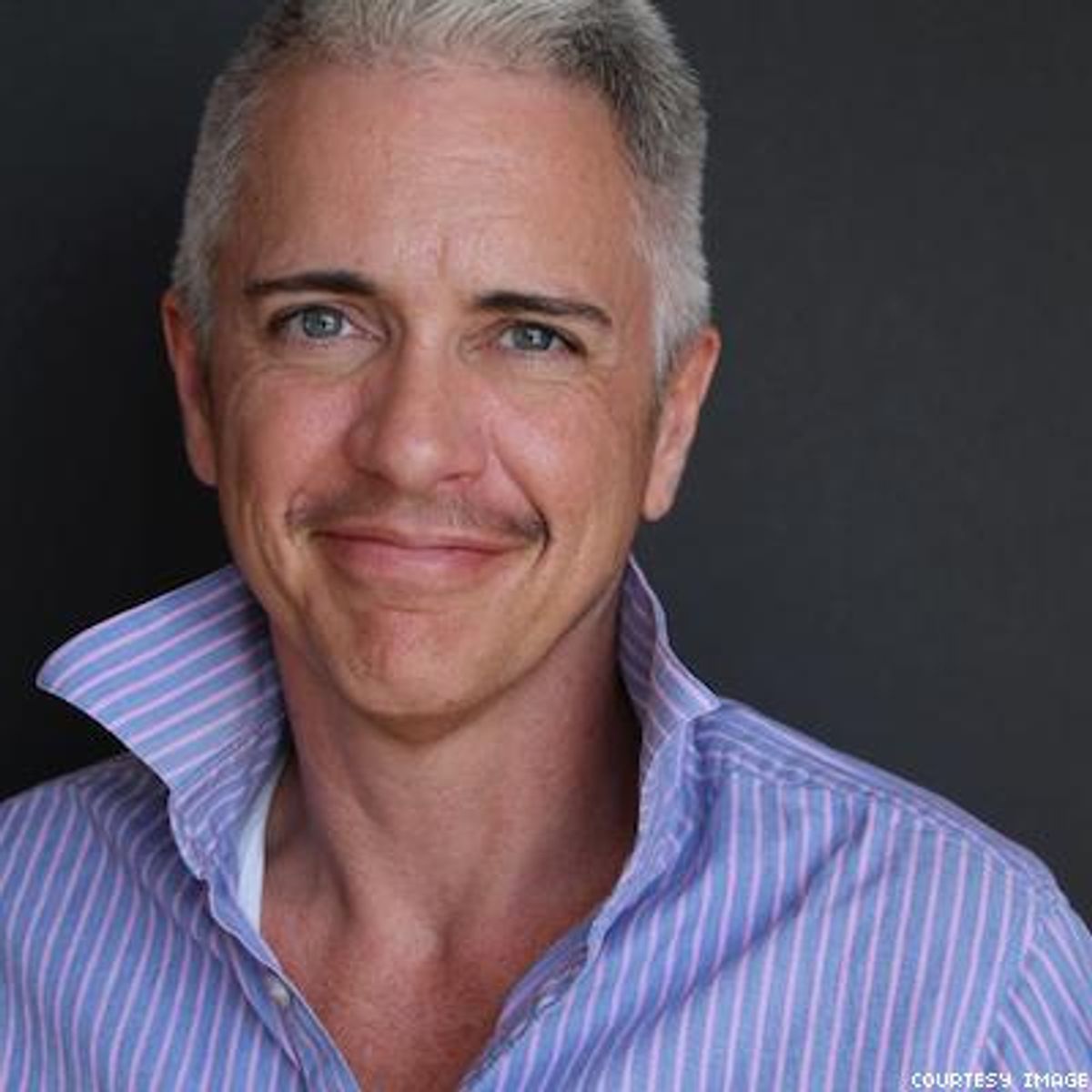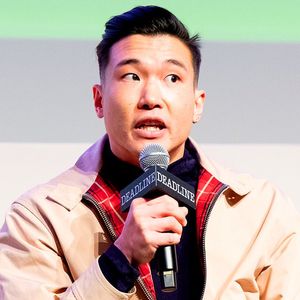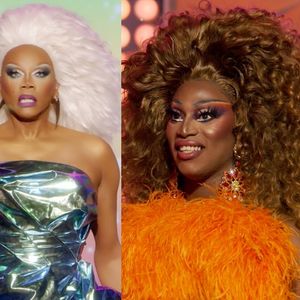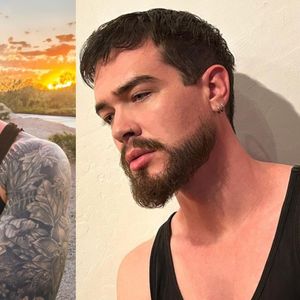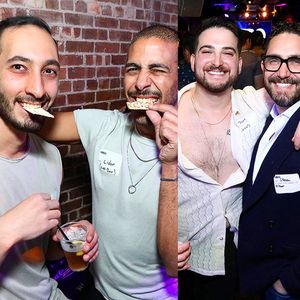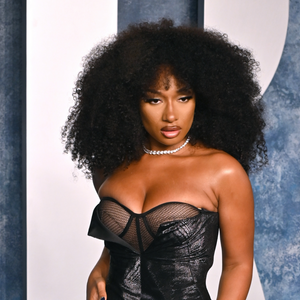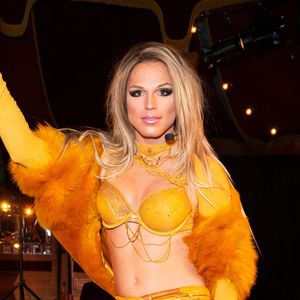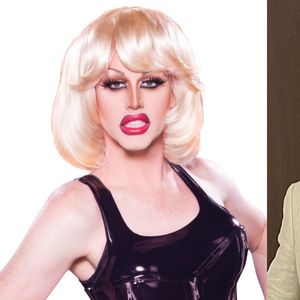When I first asked my parents if I could see a therapist for my depression and social anxiety, I was 8 years old. It was 1974, and the therapist quickly dismissed my desire to grow up to be a man as childish confusion. We never discussed it further, and my parents soon stopped sending me to therapy.
Those days were long, long before the newest edition of the American Psychiatric Association's Diagnostic and Statistical Manual of Mental Disorders 5 was released in May 2013. Back then, most U.S. professionals tended to diagnose and treat transgender people as if we were mentally ill; as if our trans identity was something we needed to overcome through better performance of the gender role assigned to us at birth.
My parents shared common '70s values of sexual liberation, gender equality, pacifism, and religious freedom. "Free to be you and me" was their parenting philosophy and, other than a preschool struggle with my caregivers over my potty-training (I kept insisting on standing up, believing myself wholeheartedly to be a boy), I didn't know much about gender or how important it was to people outside our family until I started attending public schools and occasionally visiting Sunday school and church.
By high school, my closest friends were gay or bisexual boys my age; to them, I seemed like a masculine lesbian, even though I was truly attracted to men. We were "club kids" who experimented with gender fluidity, snuck out to gay dance clubs, inhaled "poppers," and found queer book sections in independent urban bookstores. I would even make contact with at least one PFLAG meeting by my senior year.
My gay male friends usually accepted me as queer in my gender and sexuality without explanation -- but only until conflict inevitably erupted over my inability to perform as the butch lesbian they perceived (or seemed to prefer) me to be. The same thing kept happening: whenever I tried to date a bisexual female or lesbian, no matter how genderqueer the person was, no matter how good our friendship was otherwise, when I forced myself to respond to her romantically or sexually, I was physically repulsed.
I grew to be a suicidally depressed, sexually confused 16-year-old who frequently self-mutilated and who was cross-dressing and passing as male some of the time for relief. I hid my maleness from all who knew me, even my closest gay teen friends. And when I finally found a free clinic to get counseling, my new therapist attributed my gender confusion solely to post-traumatic stress from sexual abuse, as would every other counselor in the years to follow.
I would go through a cycle of denying all sexual and romantic feelings, trying to live as asexual in queer community, but eventually I would fall romantically in love with or become erotically attracted to a man once again (almost always another closeted gay man). By the time high school was over, I had lost all but one of my gay friends and was labeled by former friends as a "fag hag" who was no longer welcome to associate with the queer community.
Suddenly, I was an adult, and the consequences for my gender-nonconformity really began. Psychiatrists declared me mentally ill.
Though my gender (male) and sexual orientation (gay) were clear to me from my earliest memories -- and well before sexual abuse started in my life -- not one counselor over the next three decades would help me address my inability to identify with the feminization of my body. Instead, I was placed on high oral doses of two female hormones. I was told by psychiatric professionals, spiritual guides, and mentors that my gender confusion could be corrected with cognitive therapy, spiritual study, and feminist theory.
I dutifully complied with everything they prescribed to "fix" me, from feminizing hormones to the psychiatric medications -- even antidementia and antipsychotic drugs. And I began devoting myself to spiritual practice and study to the point that I eventually became an ordained minister and earned a doctorate in theology, specializing in women's studies in religion.
I fought against who I truly was with every tool handed to me. I strove mightily to identify as a heterosexual woman for 39 years, until the standards of care for people like me finally changed in 2013, when I was 47 years old. I was no longer diagnosed as having a "mental illness."
It took nearly a half-century of living before I was finally recognized first by a therapist, then by a psychiatrist, as a sane transgender gay man.
I live today as my authentic self. And as December 1, World AIDS Day 2014, approaches, I think back to one of the seminal events for gay men my age: the AIDS crisis' eruption in the early 1980s. My experience of it was the same as so many other men yet, because of my unique history, so very different.
The crisis began around when I graduated from high school, and I was still largely sheltered by my small, Midwestern hometown. I moved to Greenwich Village in New York City, where I had once dreamt I would get to work as a writer and live as a gay man among other gay men. But by now I was trying to suppress these longings.
Inevitably, though, I once again fell in love with a man. This time it was my much older boss, whom I later found out was married. So I ended up failing not only morally -- an adulterer in spite of my Christianity -- but also in my classes, health, and finances. To be a good Christian girl, I resolved that I had to return home, transferring to a small local college near my grandparents.
If I couldn't resist making love with a man now and then, I decided that as a Christian I must force myself to take on the role of Christian wife. In the meantime, I finished my education throughout the late 1980s and early 1990s -- traveling, praying, worshipping, serving in community organizations. I became increasingly aware of the toll the HIV and AIDS crisis was taking on gay and bisexual men, and the people who loved them.
And I could only stand by and watch as many men with and around me began to fade, live bravely, and die, as we all did during that time when there were no known treatments for the virus.
I'm still haunted by the shame of standing back helpless and silent as I remember them: the gaunt men covered in the purple patches and spots of Kaposi sarcoma on the New York subways and in the outdoor courtyards of Paris museums. My two-step dance partner in seminary, Tim; like me, he was studying to become a Christian pastor but, unlike me, he was bravely out of the closet. An uninsured, homeless college student -- the homeless shelter director I worked with -- turned away out of fear the virus would spread to other residents, even though every other housing option we sought for him also refused to take him.
I'm still haunted by the pain of overhearing the grief of a gay couple sitting in the same hospital where my oldest child's biological father was being treated for lymphoma, who heaved with loud sobs for hours each day, day after day, for weeks, terrified, alone only with each other, despairing and helpless as one of them died from then-untreatable complications of AIDS.
These men were my brothers. I was ashamed then, and I am ashamed now, that I was so deep in my own selfish fear and shame that I hid from them instead of helping. I hid from them because I was hiding from myself and even from my God -- in drag, pretending to be a straight woman.
I saw them. I heard them. I grieved. But I did nothing; I was paralyzed. God forgive me.
H. ADAM ACKLEY, 47, is a gay trans* man and single parent who now lives in Los Angeles, but grew up in Ohio. Ackley is a writer, speaker, college professor, ordained minister in the historic Christian peace tradition, and consultant focused on intersections of faith, spirituality, mental health, and LGBTQ issues.
